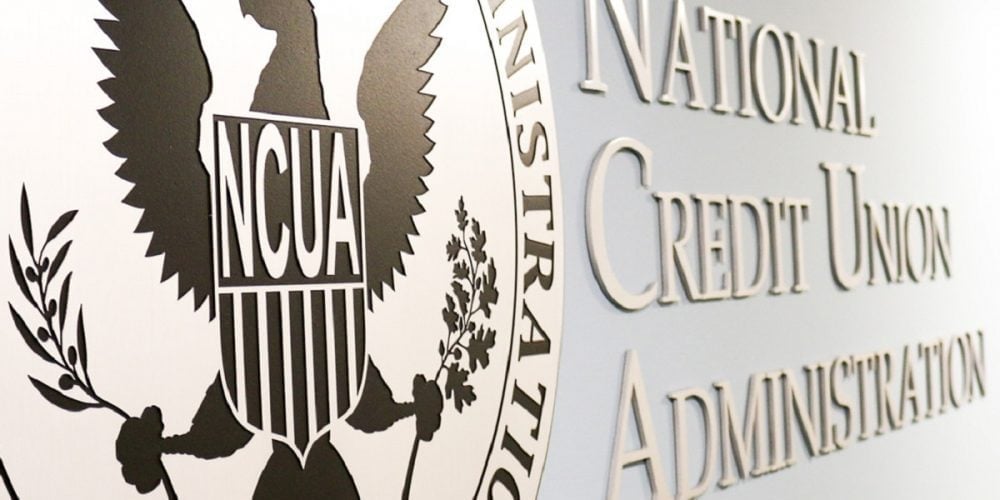 by: Debbie Matz, Chairman, National Credit Union Administration
by: Debbie Matz, Chairman, National Credit Union Administration
This month I’m resuming my Listening Tour to engage in face-to-face dialog with credit union officials. If you have ideas about how we can improve the regulatory environment or the examination process, I want to hear from you.
Notice I said how “we” can improve – not only how “NCUA” can improve. NCUA cannot do this alone. We each have roles to play. To write more effective regulations and conduct more constructive exams, NCUA needs to hear your perspectives.
First, I need to assure you: If you have a legitimate complaint about how an exam was conducted, NCUA really does want to hear from you. Your constructive comments can help NCUA create a more effective examination system.
Yet, the lines of communication sometimes break down in the examination process. NCUA encourages credit union management to provide ongoing feedback during the exam, and to work with examiners to resolve issues before the final report is written.
After an exam, some credit union officials may simply be unaware of their options. Did you know that NCUA offers six different levels to appeal an exam? Did you know that NCUA also offers a confidential channel to report on examiners? All of these options are highlighted below.
Six Levels for Appeals
- Examiner - The first step is to approach your examiner. Taking this step can be effective when there is disagreement over the facts, conclusions, and tone of an exam report.
- Supervisory Examiner - After speaking to your examiner, you may contact his or her supervisory examiner, who will evaluate the facts and review the analysis.
- Regional Office - You may also send a letter to your NCUA regional office. Analysts will weigh the facts, and the regional director will issue a decision in writing.
- Office of General Counsel - If you have a legal issue regarding your exam, you may write to the Office of General Counsel at OGCMail@ncua.gov at any time.
- Office of Examination and Insurance - If you have a question about a safety and soundness matter, you may write to the Office of Examination and Insurance at E&IMail@ncua.gov at any time.
- Supervisory Review Committee - The most definitive step is to contact the Supervisory Review Committee at NCUA, 1775 Duke St., Alexandria, VA 22314-3428. Comprised of three senior NCUA executives unrelated to the exam program, this committee reconsiders and makes recommendations on a variety of issues including CAMEL codes 3 through 5 and ALLL funding determinations.
Reporting Unprofessional Behavior
If you feel an examiner has behaved inappropriately, immediately call the Office of Inspector General at 800-778-4806.
No Retaliation
To protect credit unions from reprisals, NCUA has a zero-tolerance policy against retaliation. Examiners may not take action against a credit union for using any formal or informal appeal channel. If a supervisor finds that an examiner has retaliated with unreasonable action against a credit union, that examiner will face disciplinary action.
NCUA is keeping an open-door policy to hear your appeals. If you think you have a situation in need of review, go ahead and knock!
Debbie Matz was nominated by President Barack Obama to serve as the eighth board chair of the National Credit Union Administration (NCUA). After confirmation by the U.S. Senate on August 7, 2009, she was sworn in on August 24, 2009. Mrs. Matz is no stranger to NCUA and credit unions having served as a board member at NCUA from January 2002 to October 2005.
NCUA is the independent federal agency created by the U.S. Congress to regulate, charter and supervise federal credit unions. With the backing of the full faith and credit of the U.S. Government, NCUA operates and manages the National Credit Union Share Insurance Fund, insuring the deposits of nearly 92 million account holders in all federal credit unions and the overwhelming majority of state-chartered credit unions. www.ncua.gov






